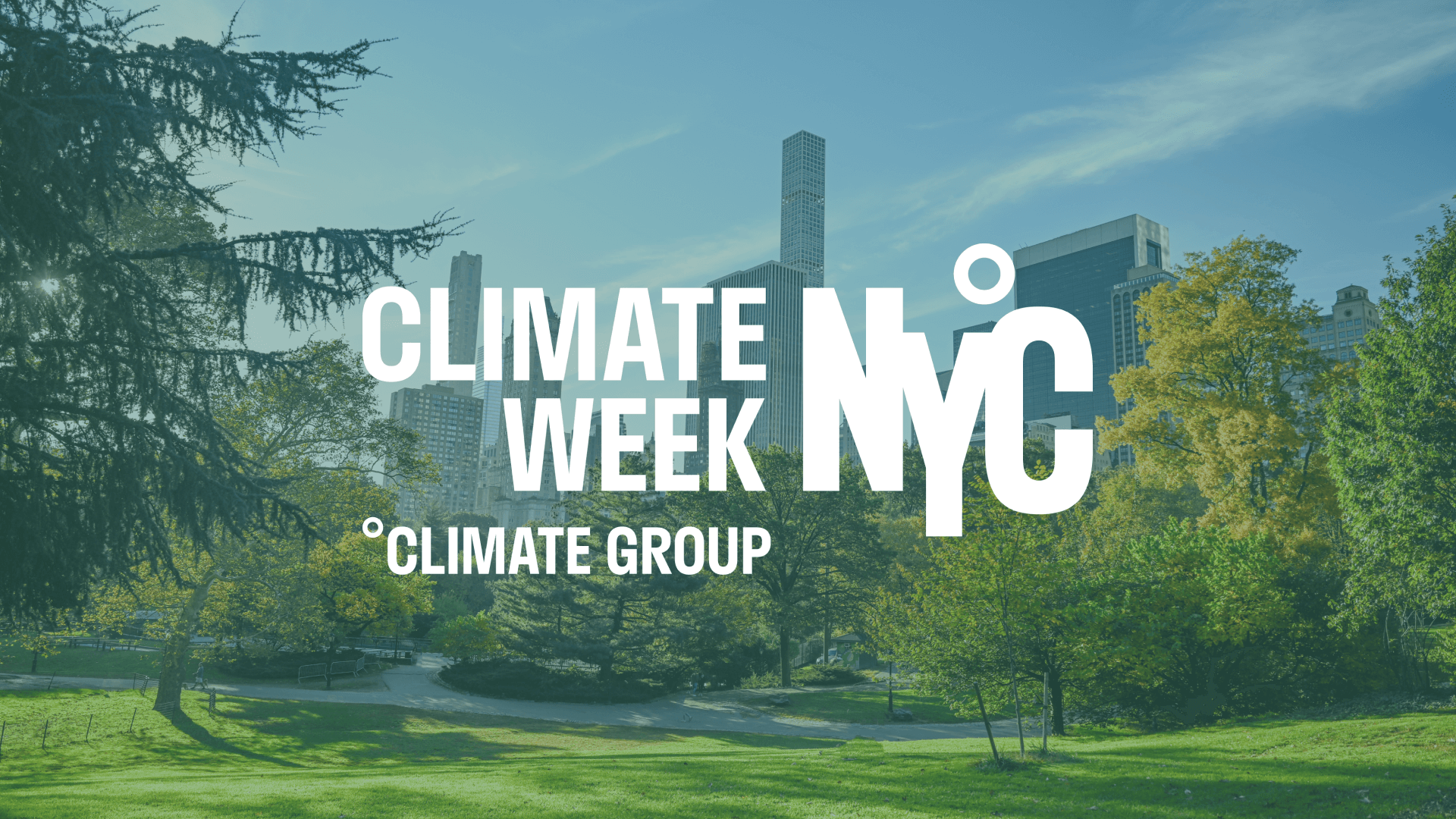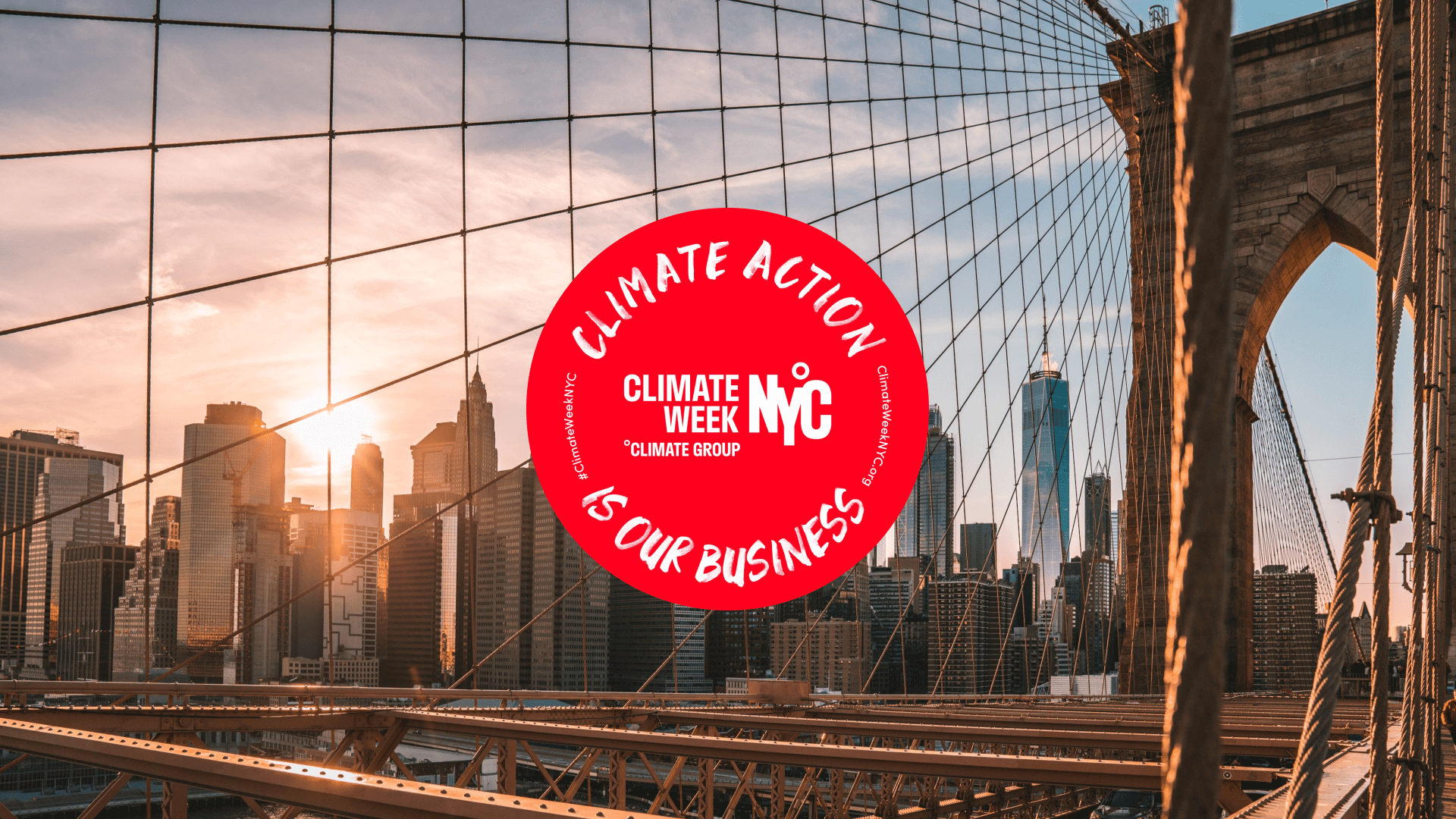President Trump’s decision to pull the United States out of the Paris Agreement is a blow to climate action, an historic act of bad faith toward the international community, and harmful to American leadership and prosperity. But other nations, cities and states, businesses, and citizens will move forward regardless to reap the benefits of climate action: technology leadership, job growth, economic development, clean air and water, vibrant cities, sustainable agriculture, and better public health.
The United States played a widely lauded leadership role in negotiating the Paris climate agreement. Every nation in the world is party to this historic agreement with the exception of Syria and Nicaragua—it is from this agreement that President Trump has decided to withdraw. The President’s announcement today puts the US on the wrong side of history.
This near-universal commitment to tackling climate change reflects the severity of the threat climate change poses to people everywhere, Americans included. There is overwhelming evidence that climate change threatens public health, food security, political stability, national security, livelihoods, and lives.
President Trump’s decision disadvantages the US
But climate action is not just a response to threats. Climate action is about opportunity. As Mike Bloomberg and Carl Pope argue so persuasively in their new book, Climate of Hope: How Cities, Businesses, and Citizens Can Save the Planet, climate change solutions make the world healthier, stronger, and more prosperous. This is why business leaders, mayors, military leaders, public health officials, insurers, investors, faith leaders, and many others have urged the US to be a leader in the fight against climate change.
By ceding leadership, the US administration is turning its back on modernization and innovation, and forgoing opportunities to advance employment and infrastructure investment, two areas President Trump has put forward as priorities. This is one of the reasons the business community has been particularly vocal in favor of staying in the climate agreement. While it is possible that a future US administration could rejoin the agreement, the world will not wait while the US stumbles. Today’s decision doesn’t put America first—it puts us behind.
The transformation to a low-carbon world will continue to accelerate
Even as the US steps back, powerful and robust trends will continue to expand markets for clean energy technologies and drive climate-friendly innovation around the world. Advances in technology, markets, public understanding, and public policy have opened unprecedented opportunities to accelerate climate action. Other major countries have already reaffirmed their commitments to deliver on the Paris Agreement and 194 countries remain signatories. Leaders like China and Europe, along with other nations, cities, states, businesses, and citizens, will continue to advance climate solutions, and those that lead will benefit.
Philanthropy and civil society must continue to press for action
Philanthropy and civil society play crucial roles in the fight to address climate change. Our work must—and will—continue. The ClimateWorks Foundation remains as committed as ever to mobilizing philanthropy to help build a world where the use of clean energy and wiser stewardship of natural resources prevent dangerous climate change and support healthy communities and global prosperity.
The President’s announcement is a deep disappointment. But Americans will not stop fighting to build a safe and prosperous world for our children and grandchildren. Neither, I believe, will the international community give up on America. I spent part of this week in the UK at a meeting of scientists, advocates, and philanthropists—from Brazil, China, Europe, India, the US, and elsewhere—who are working together to track climate progress around the world and identify opportunities ahead. This is just one example of the myriad, robust interactions between people all over the world working to solve the climate challenge. No single government—even one as powerful as the US—can knock the world off the course charted in the Paris Agreement. International cooperation on behalf of our shared future will continue, and together we will make the vital transition to a prosperous low-carbon future.


